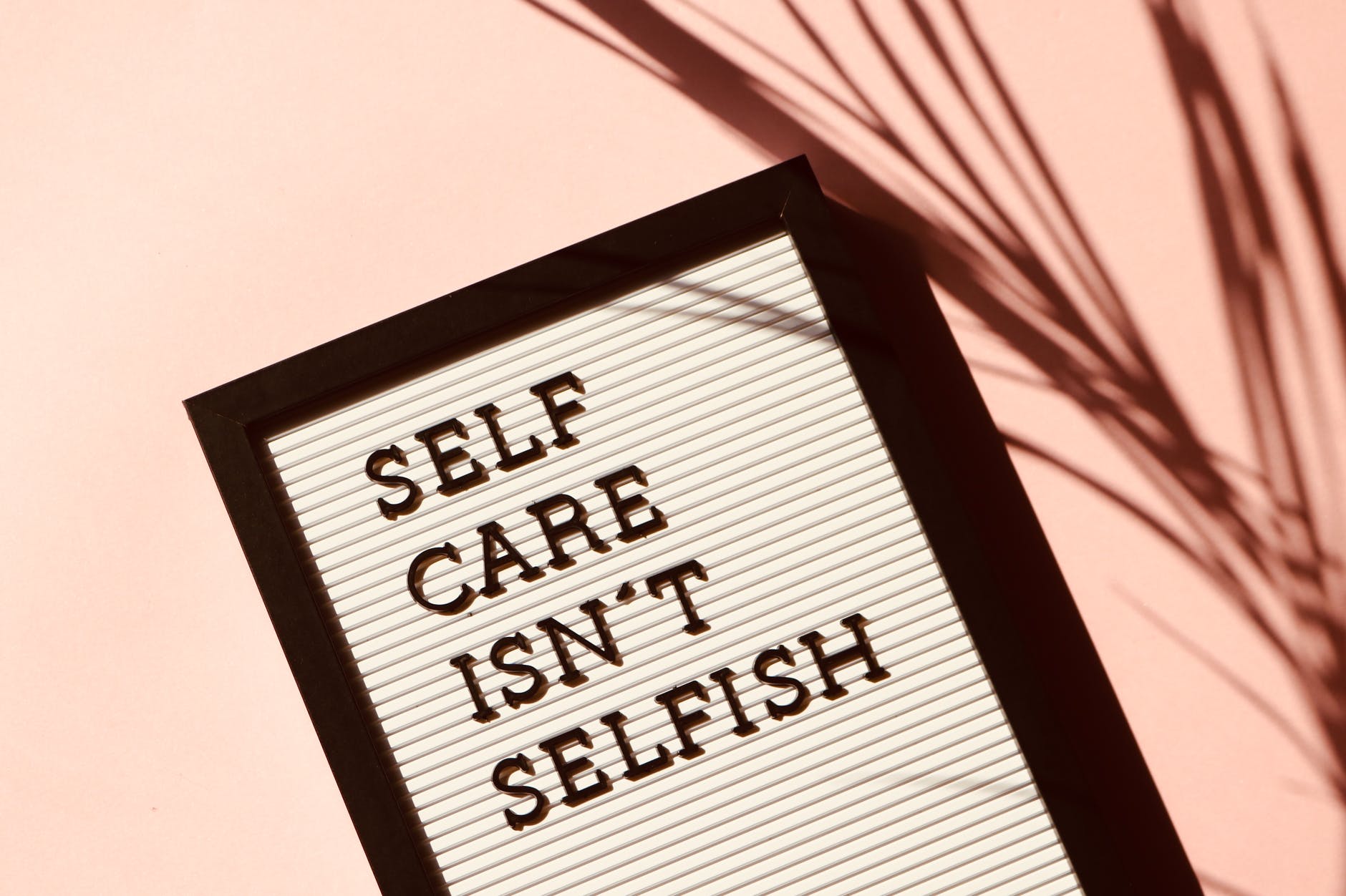With various articles surfacing all over the internet regarding management of mental health, it is hard to know what advice to follow.
I have found myself in that predicament myself while trying to maintain my mental health and positive mental attitude.
Countless different people claim they know what the best thing is to do and preach tried and tested methods, but a lot of the time, they haven’t experienced declining mental health themselves. This makes it hard to know what advice to listen to and what will work for you.
Specifically during the pandemic and various lockdowns we have experienced all over the world in the past year, many people (including myself) have had a difficult time just surviving in the craziness. I certainly don’t claim to be a mental health expert; however, I have been in the position of having to research how to help myself and improve my own mental well-being, and some of the following pieces of advice are the ones that have helped me the most frequently and have had the most positive consequences.
1. Try to create a consistent bedtime/sleep routine.
Consistency and sticking to a routine are essential for bettering your mental health. Going to bed at the same time every night and trying to wake up at a similar time each day can be a good place to start. Once you get yourself into a good routine, this can help to improve the quality and length of time you sleep, which all works toward improving your mental health. At nighttime, choose a non-technology-based wind down activity. For example, writing in a journal, drawing, or reading. Try not to use technology (specifically your phone) for an hour before you plan to sleep as this can impact your sleep quality and ability to get to sleep.
2. Try to leave the house at least once every other day if you can.
Sometimes we need time at home to relax, so it’s important that you don’t force yourself to do something every single day if this isn’t helpful for you. On the days when you do go out, you could try to go for a walk with your music playing or with a friend or family member (socially distanced) to catch up and get some fresh air—or even take your dog for a walk. Alternatively, you could go to the supermarket for needed supplies, a safe visit at a friend’s house, or the park (depending on the current restrictions in your area).
3. Figure out who your support network is.
You might want to go to different people for different types of support depending on the circumstances, and that’s fine. This could be a best friend or close family member you go to when you feel like you need some support or advice, or it could be using an online or text service such as Samaritans if you feel unable to talk to someone you know. It’s important that you know how to reach out and don’t suffer alone.
4. Make a safety plan for when you feel you might need it (for example, if you feel low or anxious, have urges to self-harm, or generally feel you need support).
Firstly, I’d recommend that you write this down somewhere easily accessible (a notebook or on your phone notes pages) so that you can get to it easily whenever you need it. You should plan who you would speak to in different situations. You could possibly invent a code to tell someone you’re struggling without having to explain yourself in the moment, and let those close to you know that when you say it, this means you need support. Although this may feel quite childish, starting off a conversation can be one of the hardest things to do when you need help.
You could also plan some distraction activities—whether this is a film you enjoy, an activity such as drawing or writing, or leaving the house to go for a walk. Finally, consider your senses. For example, you could use nice smelling sprays or candles to distract you, playing music you enjoy, or using sensory toys to distract your hands.
The idea of writing down a plan allows you to have suggestions in front of you right when you need them. In the moment—for example, if you’re having a panic attack or feeling really low—you’re likely to have tunnel vision and forget your options.
5. Set aside some time every day for “me” time.
This could be anything you enjoy or that makes you feel good. Some examples might be: doing a face mask or some skin care, listening to music, painting your nails, having a bath, reading a book, or watching a film. Taking time for yourself is extremely important and you should do this every day as self-care should be a priority for everyone.
6. Be careful how much time you spend on social media, particularly if it is negative.
Spending a lot of time on social media can have positive and negative repercussions. Some advice to those who do not want to limit their use of social media would be to ensure you follow some positive influencers and pages so your feeds will be more positive.
Alternatively, you could try to set aside time every day to use your phone or tablet, rather than using it consistently throughout the day. Particularly during lockdown, people are spending a lot more time on their phones and on social media but sometimes it can be more harmful than helpful.
With lockdown making it more difficult to see people in real life, social media has been a great way to keep in touch with loved ones. Calling a friend or family member or using Zoom or FaceTime can feeling more personal than using social media or texting.
7. Try not to keep your feelings bottled up.
It can be really hard to talk about your emotions and let people know how you are feeling, particularly when you are struggling. Sometimes it can be easier to try and write things down. Those who enjoy writing could start writing a journal, a diary, or jotting down any negative or unhelpful thoughts that you want to get off of your chest. This could be in the form of a poem, a letter that you don’t send, or even a drawing or painting.
Although writing is extremely helpful, talking is one of the best things you can do for your mental health. If you don’t feel comfortable talking to friends or family, try using an online or text service specifically for support with mental health.
Never feel like you are alone—there is always someone willing to listen! Remember, crying does not make you weak! If you need to release your emotions, then do so in a safe place with someone you feel comfortable with.
8. Make a self-care box.
A self-care box contains different objects that you can use for self-care. This is something you can get out when you need a pick-me-up, like when you are feeling low or anxious. Inside your box, you could get the people you love to write you some positive messages to pick out when you look inside. You could add sensory objects such as fidget toys to use as a distraction—these are not only for young people! You could include photos of happy memories, objects such as face masks, or even add your favourite sweet treats. The contents should be personal to you and the things that you like.
Some final tips:
>> Spend time with animals/pets as they are comforting, supportive, and can ease anxiety and increase serotonin.
>> Remove yourself from a situation you find unhelpful—for example, if you’re somewhere too loud when you’re feeling stressed, leave the room and go somewhere quiet to think.
>> Spending time alone is just as important as getting support from others—it can give you time to think and process what’s going on in your head.
>> Playing a board game, sport, or something slightly complex can be a good distraction because it changes what you’re focusing on and gives you time and space away from what’s troubling you. But don’t forget to go back to it afterward, as avoiding the issue altogether won’t benefit you in the long run.
Remember: be kind to yourself. Stop the negative self-talk! You are worthy and you are enough.







Read 0 comments and reply